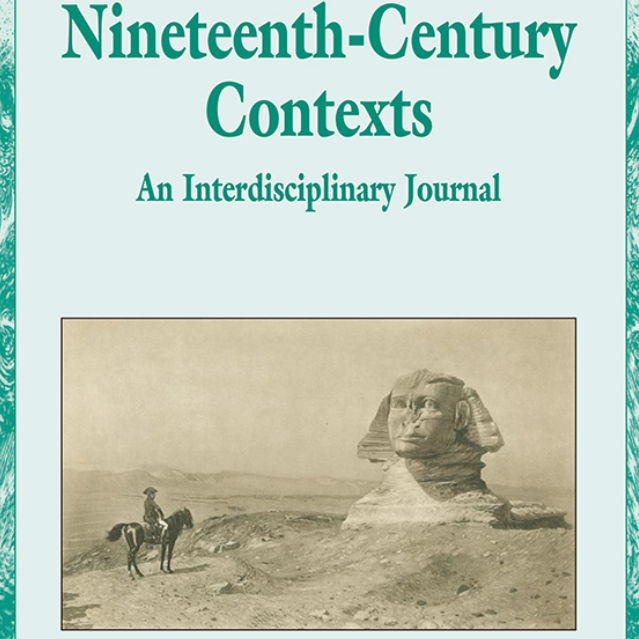Kennisbank
Negotiating authorship and (in)dependence around 1900: The case of Dutch literary magazine De beweging*

What does the concept of “autonomy” mean when it comes to authors and their practices? In the early twentieth century, Dutch writer Albert Verwey had strong views on the subject. To him, in the first place, autonomy entailed independence – from readers’ expectations, the wishes of fellow authors, the whims of publishers, and the demands of the market. Between 1905 and 1919, Verwey spearheaded the prominent literary journal De beweging [The Movement]. He strongly valued maximal artistic, economic and ideological freedom and took pride in “the complete independence from profitability etcetera in which he ‘aimed to maintain the journal’” (quoted in Van Faassen 1997, 37). Over the years it became clear that this autonomous stance posed some serious challenges. De beweging’s autonomy had to be defended and negotiated, sometimes at a significant cost.
Continue ReadingOnderwerpen: 1900-2000 autonomie donateurskring literaire wereld
Auteur: prof. dr. Helleke van den Braber

